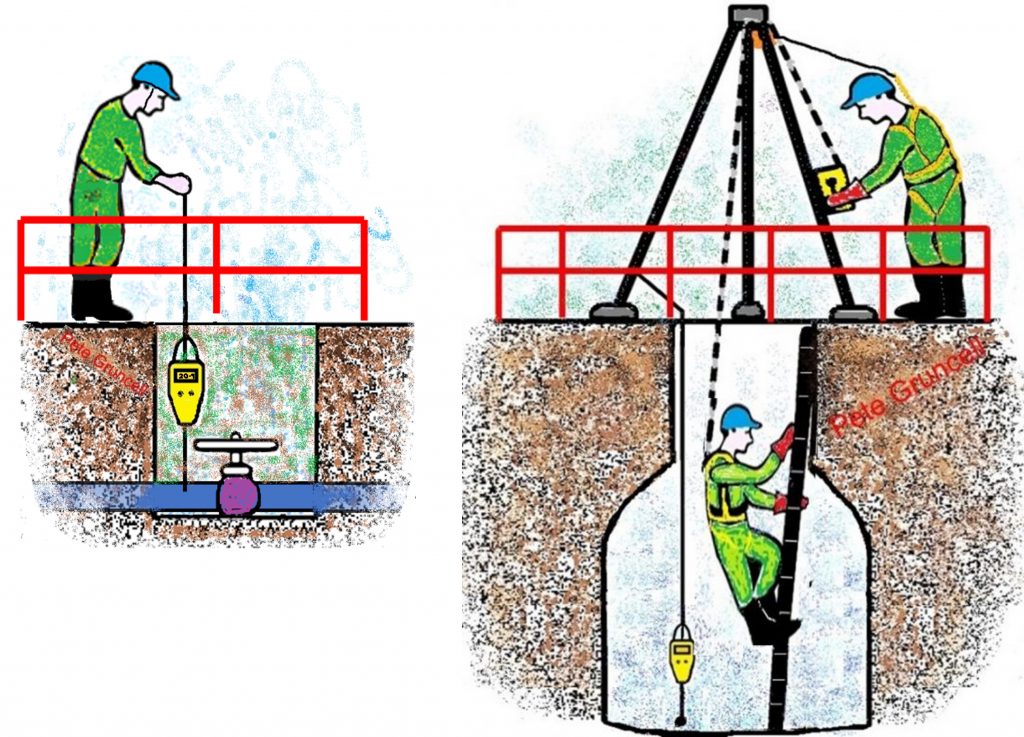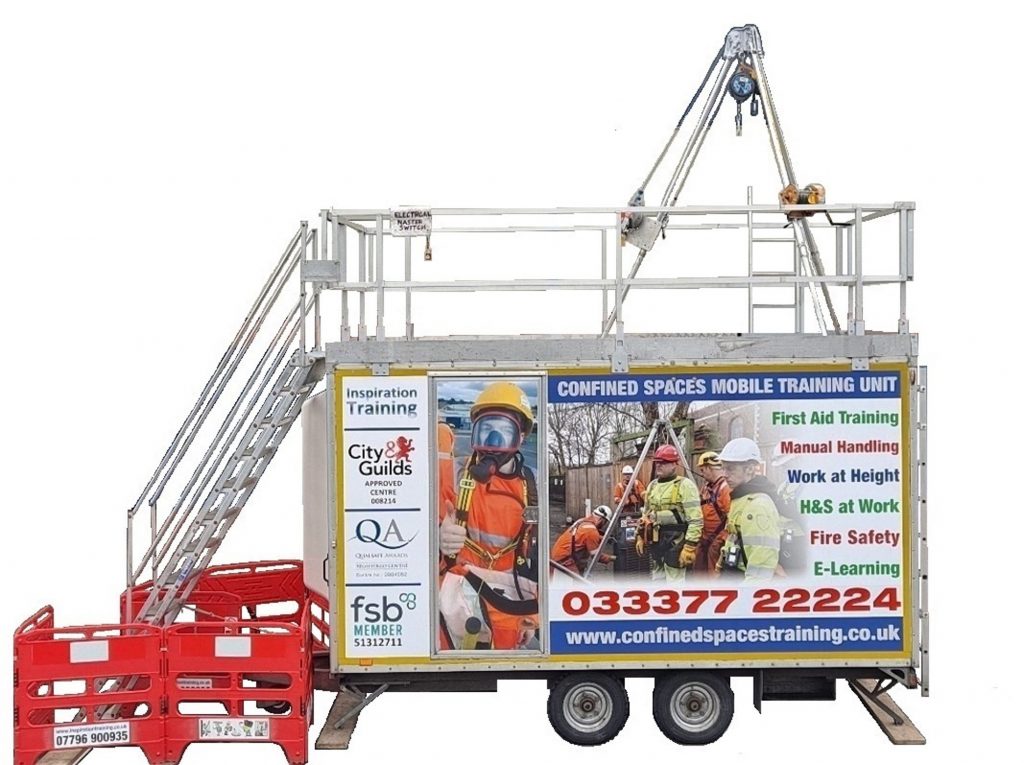GET2659 Confined spaces in construction low risk
Standard details
The purpose of this standard is to provide operatives with an understanding of the requirements of and practice in working in low and medium risk confined space environments.
Find a course for this standard (External link – Opens in a new tab or window)
Duration
Minimum 1 day
Purpose/scope
The purpose of this standard is to provide operatives with an understanding of the requirements of and practice in working in low and medium risk confined space environments.
The scope of this standard covers:
- confined spaces: definition
- risk assessment and training
- safe systems of work
- barriers, signage, permits to work and access control
- specialist personal protective equipment (PPE) including practice in the use of masks, harnesses, hoists, gas detectors, an overview of escape breathing apparatus and working breathing apparatus
- emergency procedures
- practice sessions
- dangers and responses
Occupational relevance
Training delivered against this standard would be relevant to the following occupational group(s):
- entrants and topman
- supervision
Candidate pre-requisites
Candidates must be a minimum 18 years of age, be physically fir and weigh less than 136 kg as this is the SWL of some of the equipment. pre-requisites as part of this standard.
Delivery
All practical training will take place within our mobile training unit unless it is a bespoke course for a specific requirement. This will only happen after the client has produced a suitable risk assessment that is approved by the ATO. In all cases this will include opportunities to practice using specialist personal protective equipment (PPE) in confined spaces.
All materials and equipment will be of a suitable quality and quantity for candidates to achieve learning outcomes, and comply with relevant legislation.
The class size and candidate/instructor ratio must allow training to be delivered in a safe manner and enable candidates to achieve the learning outcomes, recommended maximum 1:10 for theory and 1:6 for practical.
This standard is considered to contain 51 per cent or more theoretical learning.
This standard is considered to be set at an intermediate level.
Assessment
For the successful completion of training, candidates must complete an end of course practical assessment and knowledge test that measures the learning outcomes and has a pass or fail criteria.
Renewal/refresher
Recommended refresher by Health & Safety Executive (HSE), other relevant codes of practice or industry card scheme criteria recommend that the candidate completes a refresher of his/her training, (i.e. to ensure their knowledge and/or skills are up to date) every 3 years.

© Pete Gruncell
